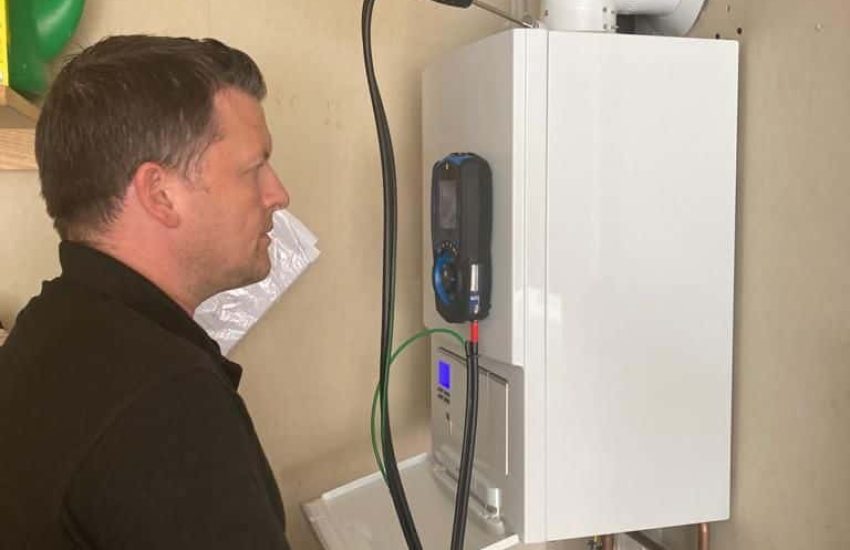When it comes to the installation of a new boiler in your home, the significance of incorporating a filter into your central heating system cannot be overstated. Often overlooked, these unassuming devices play a pivotal role in enhancing the efficiency, longevity, and overall performance of your heating setup. Here’s why a filter is not just an accessory but an indispensable component for a top-tier heating system.
1. Prolonging Boiler Life:
A filter acts as a frontline defender against impurities and debris circulating in your central heating system. By capturing particles like sludge, rust, and sediment, the filter prevents these contaminants from reaching your new boiler. This protective barrier ultimately extends the lifespan of your boiler by reducing wear and tear on its internal components.
2. Maximizing Efficiency:
Something we focus on at iSafe is efficiency. An energy efficient heating system is synonymous with cost savings. Never has this been more prevalent as energy costs continue to rise. Filters ensure that your boiler operates at its peak efficiency by preventing the accumulation of debris that could hinder heat exchange. With a clean and unobstructed system, your boiler requires less energy to produce the desired warmth, resulting in lower energy bills and a reduced carbon footprint.
3. Preventing Radiator Blockages:
Central heating systems often fall victim to the accumulation of sludge, particularly in radiators. This sludge buildup can impede the flow of hot water, leading to uneven heating and cold spots in your home. A filter intercepts these particles before they have a chance to settle, preserving the integrity of your radiators and maintaining consistent warmth throughout your living space.
4. Reducing Maintenance Costs:
Filters play a crucial role in minimizing the need for extensive maintenance and repairs. By preventing the entry of contaminants into your new boiler, filters contribute to a cleaner and more reliable system. This, in turn, reduces the likelihood of breakdowns and the associated repair costs, saving you both time and money in the long run.
5. Enhancing Water Quality:
The quality of water circulating through your central heating system is paramount. Filters ensure that the water remains clean and free from impurities that could compromise the effectiveness of your boiler. Improved water quality not only safeguards your heating system but also contributes to better air quality within your home.
6. Maintaining System Pressure:
Unchecked debris in your central heating system can lead to pressure imbalances. A filter helps regulate system pressure by preventing blockages that could result in fluctuations. Consistent pressure ensures optimal performance, reducing the likelihood of your boiler shutting down or triggering safety features due to irregularities.
7. Sustainable Heating Practices:
In an era where sustainability is at the forefront, incorporating a filter aligns with eco-friendly heating practices. By maintaining a clean and efficient system, you not only conserve energy but also reduce the environmental impact associated with frequent repairs and replacements.
In conclusion, the inclusion of a filter in your central heating system is a strategic investment that pays dividends in terms of efficiency, longevity, and cost savings. When getting a new boiler installed, consider the filter as an integral component, fortifying your heating setup against the challenges of debris and contaminants. It’s not just about warmth; it’s about ensuring a sustainable, reliable, and enduring heating experience for your home.








